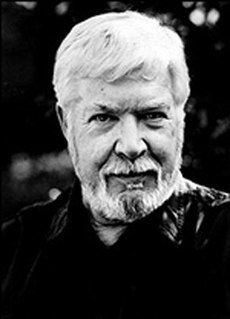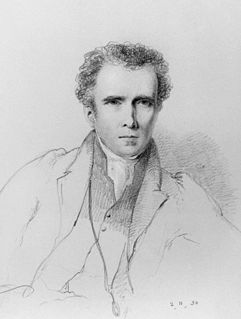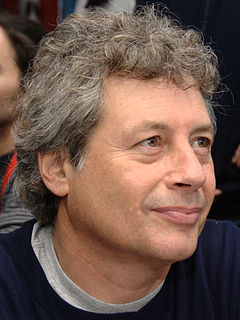A Quote by Nicholas Rodger
Its subject is the slow and erratic process by which the peoples of the British Isles learnt - and then for long periods forgot - about the 'Safeguard of the Sea', as the 15th century phrase had it, meaning the use of the sea for national defence, and the defence of those who used the sea.
Related Quotes
It is not surprising that only one medieval state, Venice, long possessed anything clearly identifiavble as a navy in this sense. We shall see that no state in the British Isles attained attained this level of sophistication before the 16th century, and no history of the Royal Navy, in any exact sense of the words, could legitimately begin much before then. This book, which does, is not an institutional history of the Royal Navy, but a history of naval warfare as an aspect of national history. All and any methods of fighting at sea, or using the sea for warlike purposes, are its concern.
Whether in peaceful trade or warlike attack, the sea unites more than it divides. Even if it were possible to treat England, or the British Isles, as a single, homogenous, united nation, it would still be impossible to write its naval history without reference to the histories of the other nations, near and far, with which the sea has connected it.
Every time I look at it, It looks back at me I love the sea, its waters are blue And the sky is too And the sea is very dear to me If when I grow up and the sea is still there Then I’ll open my eyes and smell the fresh air Because the sea is very dear to me The sea is very calm and that’s why I like it there The sand is brand new and the wind blows in my hair And the sea is very dear to me.
...as the slow sea sucked at the shore and then withdrew, leaving the strip of seaweed bare and the shingle churned, the sea birds raced and ran upon the beaches. Then that same impulse to flight seized upon them too. Crying, whistling, calling, they skimmed the placid sea and left the shore. Make haste, make speed, hurry and begone; yet where, and to what purpose? The restless urge of autumn, unsatisfying, sad, had put a spell upon them and they must flock, and wheel, and cry; they must spill themselves of motion before winter came.
The Sea of Galilee and the Dead Sea are made of the same water. It flows down, clean and cool, from the heights of Herman and the roots of the cedars of Lebanon. the Sea of Galilee makes beauty of it, the Sea of Galilee has an outlet. It gets to give. It gathers in its riches that it may pour them out again to fertilize the Jordan plain. But the Dead Sea with the same water makes horror. For the Dead Sea has no outlet. It gets to keep.
Say the sea. Say the sea. Say the sea. So that perhaps a drop of that magic may wander through time, and something might find it, and save it before it disappears forever. Say the sea. Because it's what we have left. Because faced by the sea, we without crosses, without magic, we must still have a weapon, something, so as not to die in silence, that's all.
Nobody could catch cold by the sea; nobody wanted appetite by the sea; nobody wanted spirits; nobody wanted strength. Sea air was healing, softening, relaxing - fortifying and bracing - seemingly just as was wanted - sometimes one, sometimes the other. If the sea breeze failed, the seabath was the certain corrective; and where bathing disagreed, the sea air alone was evidently designed by nature for the cure.
This ego business has come from various sources, you know that, but it has to be cleansed out. Like when the river flows all kinds of dirt, filth flows into it, but when it meets the sea it becomes the sea. In the same way you have to become that. To become the sea what you have to do is to forget all these tributaries which were coming into you, and all these wrong ideas which came to you.





























